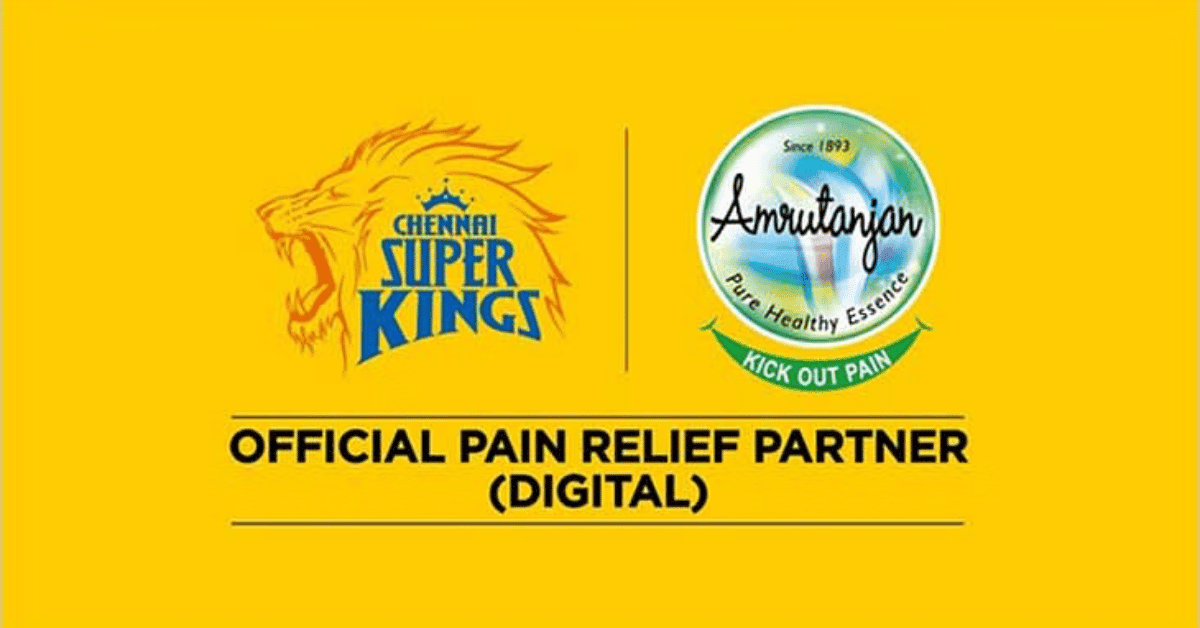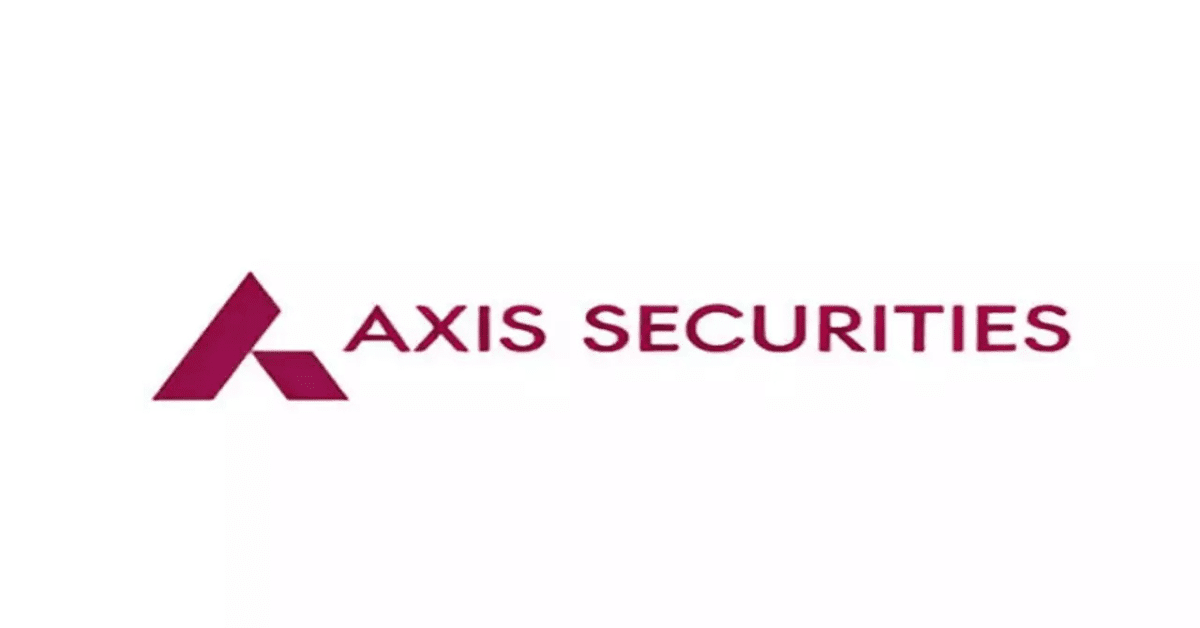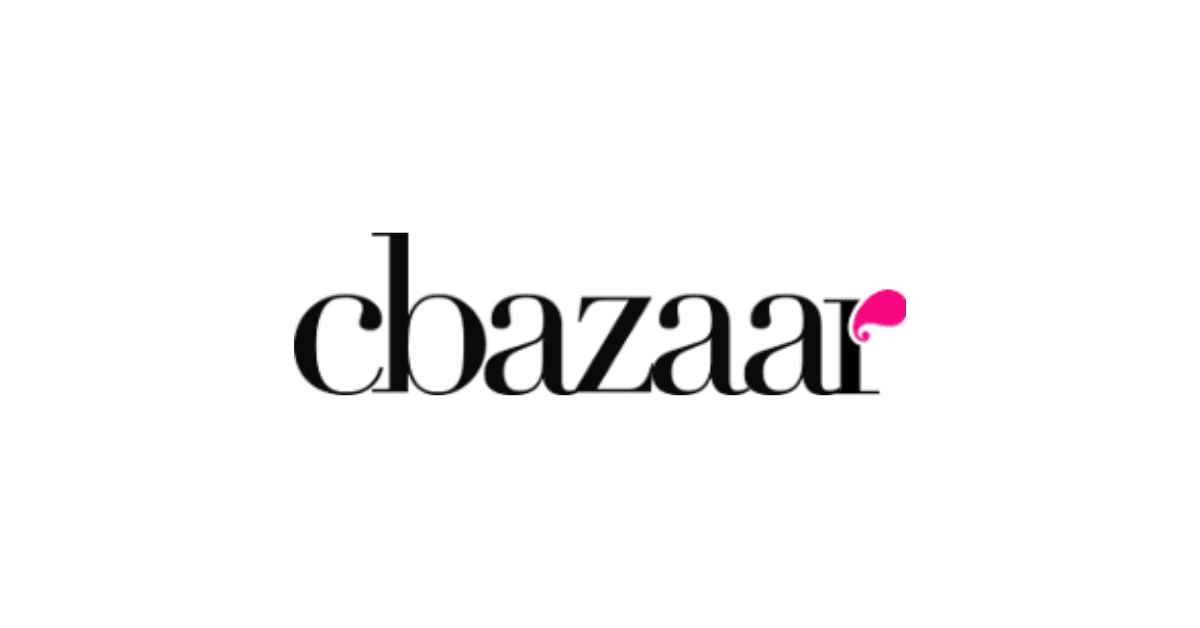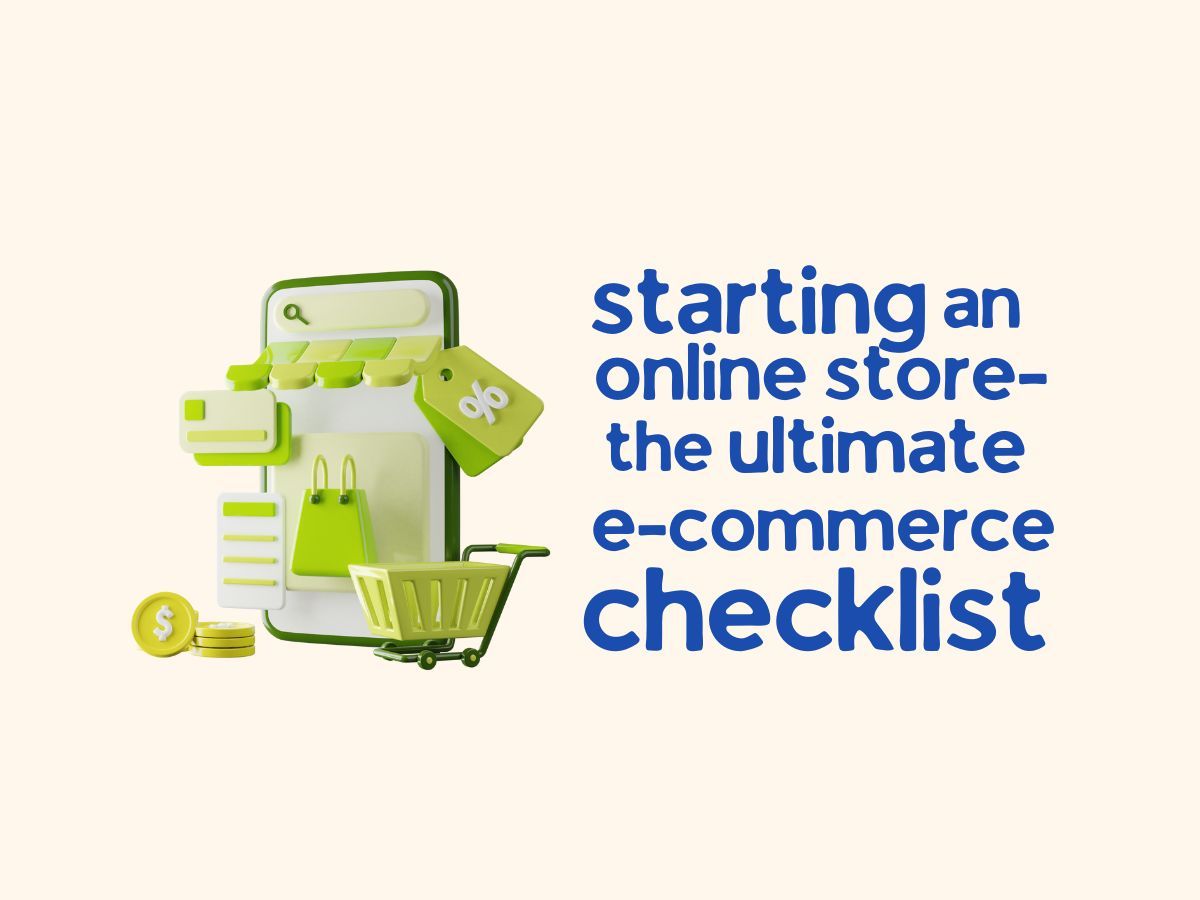The influencer market is currently dominated by lifestyle and fashion influencers, followed by beauty and fitness influencers. Categories like cooking, mental health, and gaming have also seen significant growth in the influencer market during the pandemic and the ensuing lockdown.

However, the lockdown has also caused a few challenges to influencers. The study says that there has been a decline in influencer marketing during COVID-19 as the number of collaborations has reduced in the last few months, especially for travel and fashion influencers. Delayed payments and undervaluation of work continue to be a pressing concern during this period.
The social media influencer marketing study further reports that consumer goods brands leverage influencer marketing the most extensively, with the category contributing to a whopping 70% of all industry categories.
In terms of sectors, e-commerce dominates with 50%, followed by mobile apps with around 42% and retail at about 38%. Healthcare, edu-tech, BFSI, and B2B companies follow closely as well.


















